|
|
|
Keynote Address Scheduled for: 4:30 p.m. Thursday, January 29, 2015 |
Dr. Saskia Sassen
Robert S. Lynd Professor of Sociology and co-chair of the Committee on Global Thought, Columbia University
"The Larger Ecologies of Meaning Within Which We Use Technology and Experience Globalization"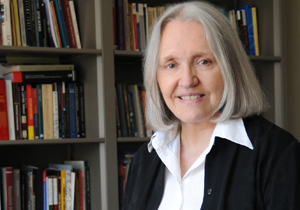
Dr. Saskia Sassen is the Robert S. Lynd Professor of Sociology and co-chair of The Committee on Global Thought at Columbia University. Her research and writing focuses on globalization, immigration, global cities, the new technologies and changes within the liberal state resulting from current transnational conditions.
She is the recipient of many diverse awards, including multiple doctor honoris causa, Foreign Policy’s Top 100 Global Thinkers in 2011, Top 100 Thought Leaders by GDI-MIT in 2012 and 2013, 2013 Principe de Asturias Prize for the Social Sciences and Top 50 Global Thinkers by Prospect Magazine in 2014.
Dr. Sassen is the author of several books, translated in over 20 languages. Her new book is Expulsions: Brutality and Complexity in the Global Economy (Harvard University Press 2014). Other recent publications include Territory, Authority, Rights: From Medieval to Global Assemblages (Princeton University Press 2008), A Sociology of Globalization (W.W.Norton 2007), and the 4th fully updated edition of Cities in a World Economy (Sage 2012). Among older works is The Global City (Princeton University Press 1991/2001).
Abstract
Digital technologies and globalization are two powerful vectors contributing to shape our current condition. As facts they diverge quite a bit from the somewhat generic imaginaries a culture produces. When it comes to both of these there is a strong impulse and basic intuition that it is about seamlessness across older inherited boundaries. But a closer look points to differentiation and specificity as strong markers of our global modernity. The challenge is that the ways in which differentiation and specificity are constituted is not in the familiar way of nations and cultures. One feature of our current epoch is the making of new types of transversal arrangements: geographies of centrality that cut across the old boundaries, but are in fact quite specific and exclude far more than they include\: they do not include a whole country or a whole city. But the fact that they cut across old divides produces the impression of an overall seamlessness where before there were controlled borders. There is a parallel with the new interactive digital spaces. They are easily experienced as neutral, because it is, after all, a technology used across the world and one that allows us to communicate seamlessly. And yet, the users of interactive digital domains bring to the exchange ecologies of meaning that are mostly quite specific to the sites and lived worlds they inhabit. What does this mean in terms of building library collections about both of these powerful contemporary vectors? I am not a librarian and hence would not presume to have a straightforward answer to this question. But what I do know from my own research and writing about these issues is that there should be thickness and localisms and differentiations in the pertinent collections. Our world is not flat. I find that much material and scholarship that did not at all have these issues in mind, is actually enormously useful to understand these new transversal insider/outsider geographies that cut across the old divides. We need this depth of knowledge, and far too few globalization scholars use this wealth of knowledge. But we also need the work of those who are attempting to capture the current condition—for instance, specificity and thickness constituted in ways that yes, cut across the familiar inter-state boundaries, but are in fact shaped in very specific ways, and are marked by sharp differences when it comes to the geographies of the powerful and the powerless.
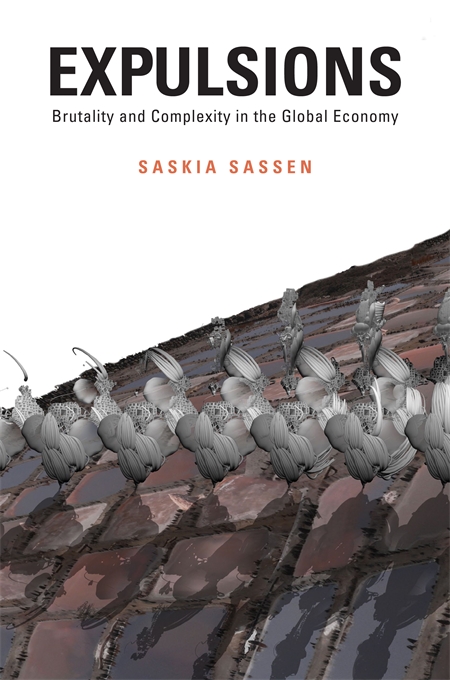 |
 |
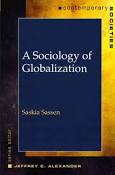 |
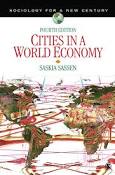 |
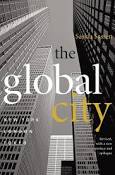 |
 |
 |
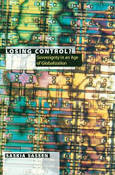 |

